The most real scene in Xú Zhēng’s "Retrograde Life": the world of adults, even the collapse is silent.
He entered Ali at the age of 36 and persisted for 38 years.
Become the "first person" in Tibetan photography.
The great era of sinking
Retrograde nobody
Xú Zhēng’s new film "Retrograde Life" was sprayed as soon as it was released.
"The rich show it to the poor, and let the poor work hard as cattle and horses";
"I want to write about the life of the poor, but I refuse to really describe the hardships of poverty";
The same realistic theme, Xu Zheng was praised for playing a profiteer when he filmed Dying to Survive a few years ago.
Why do you play an inspirational courier now, but you get a bad name?
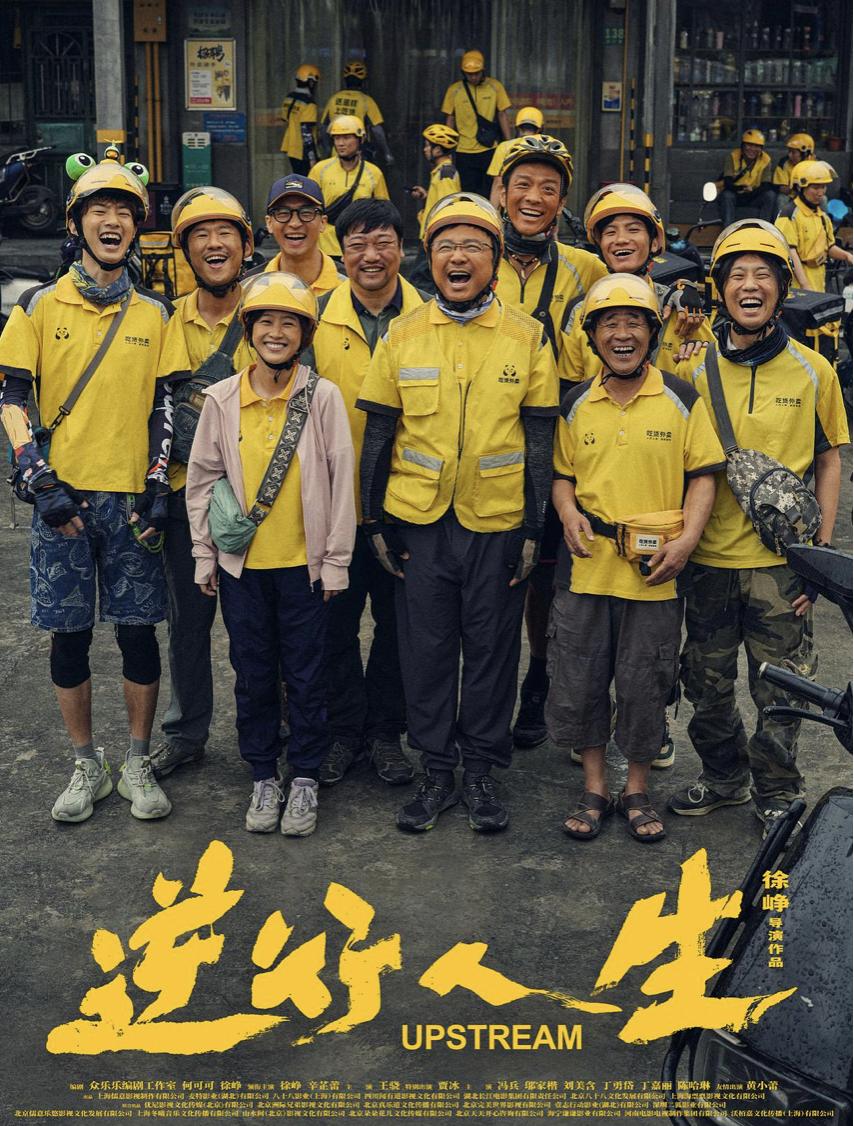
01
People go to middle-aged factories to lay off employees
This has to start with the story of "Retrograde Life".
Gao Zhilei, played by Xú Zhēng, is a native of Shanghai. After graduating from Tongji University, he joined the Internet giant and joined the management at the age of 45.
House for luxury, wife for full-time wife, daughter for international school.
And all this came to an abrupt end when people were laid off.
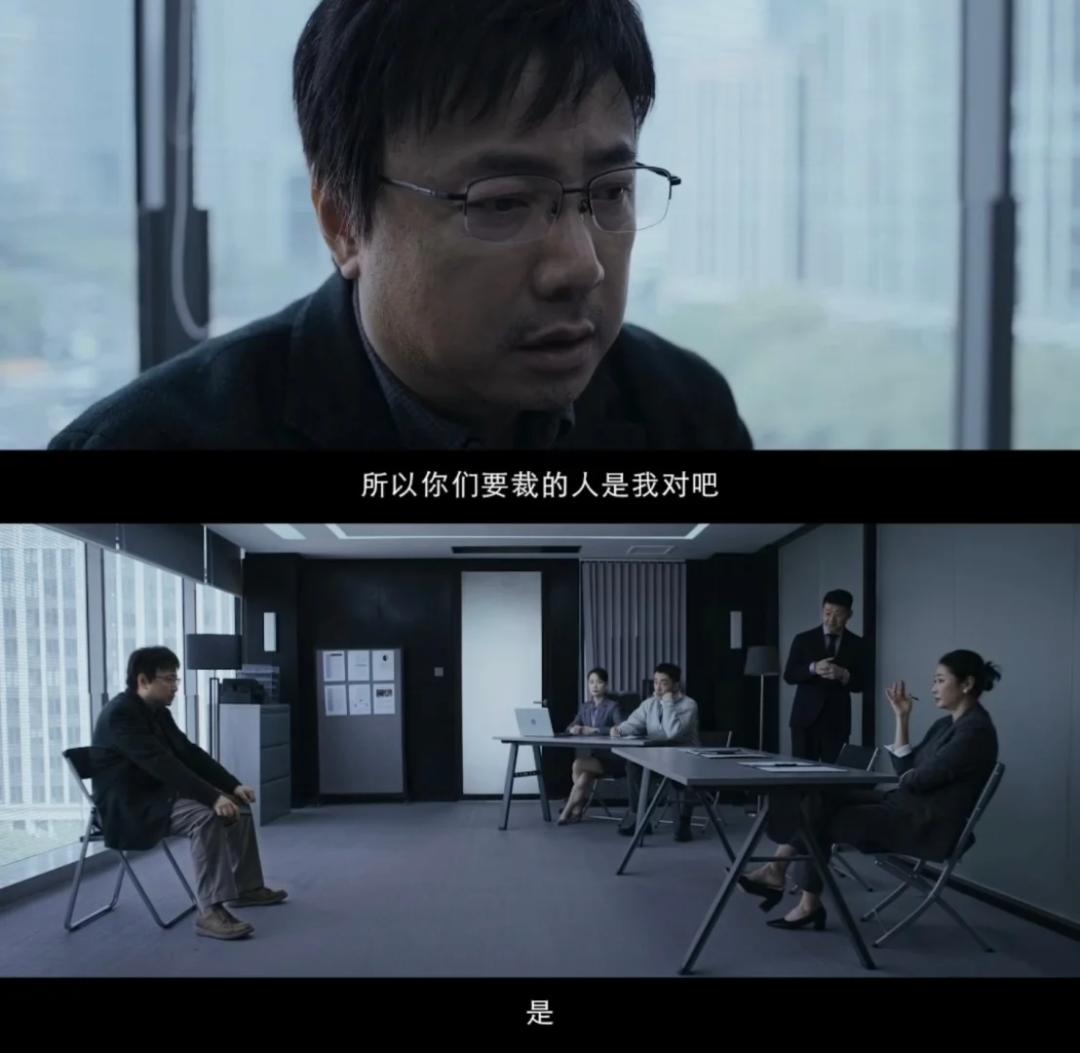
At first, he was not afraid, but he was also a middle-level leader. There are so many soldiers under him who don’t cut themselves.
However, the company engages in the practice of "reducing costs and increasing efficiency", and the soldiers are young, easy to manage and the asking price is still low.
Xú Zhēng was a little flustered, but he felt that the label of "211 high flyers, former leader of a big factory" would not prevent him from finding a job.
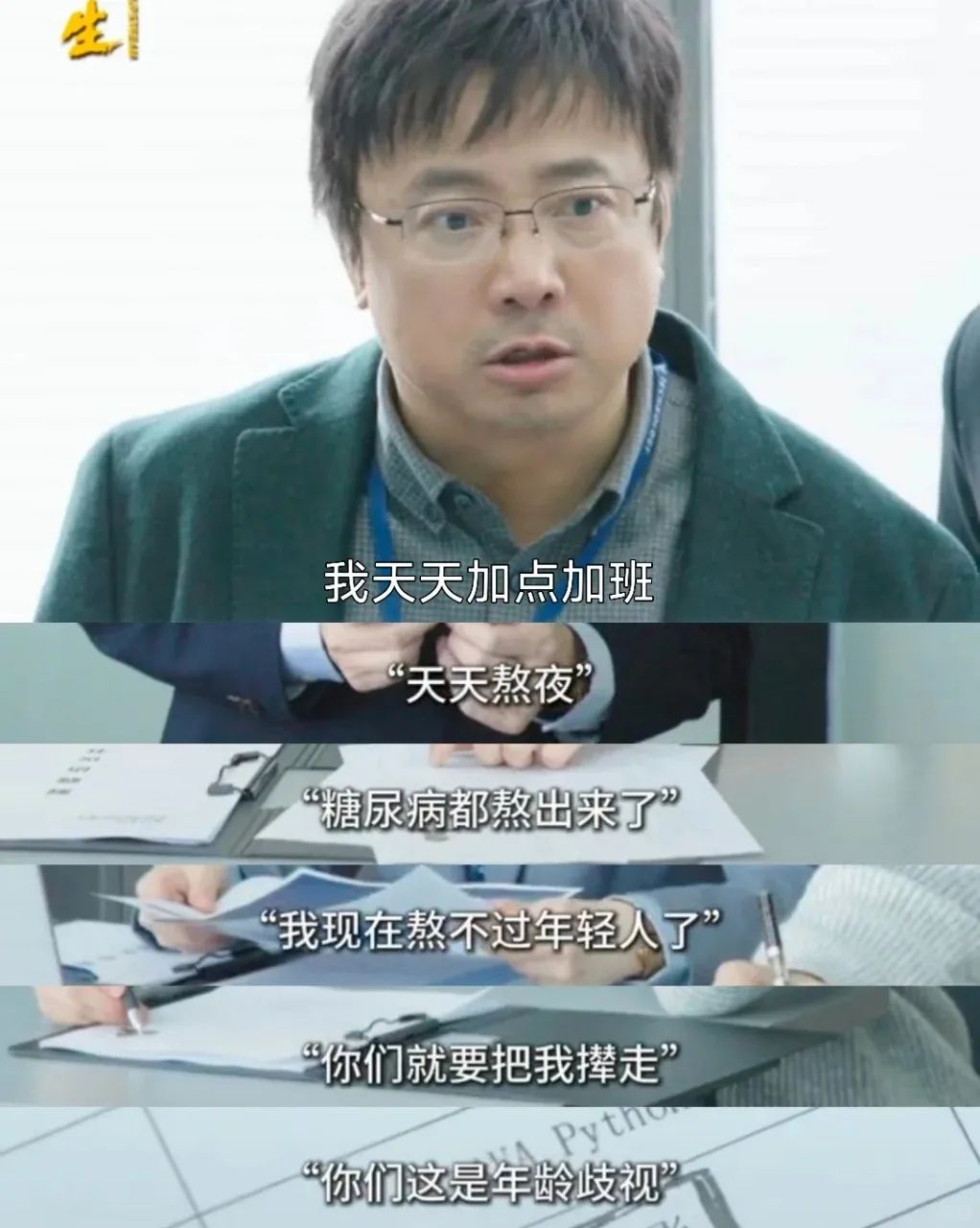
After throwing in 1000 resumes, he didn’t realize how serious the current workplace is:
35 years old is the red line in the workplace, and my 45-year-old age has reached the dead line in the workplace.

It’s only been two months since he lost his job, and Xú Zhēng can’t hold on.
The monthly 1w5 mortgage has been owed for 2 months, and if it is not paid back to the bank, it will come to collect the house;
Dad was hospitalized with a sudden heart attack and wanted to live for 300 thousand.
The reality forced Xú Zhēng to leave with only one way, voluntarily signing his resignation and treating the compensation as a life-saving money for Dad.
What about the monthly mortgage of 1w5?
Xú Zhēng, desperate, decided to take delivery.

And this is also the point where he is most vomited.
"Live in a luxury house and deliver food"? This is too unrealistic;
"Shanghai locals still have to compete with migrant workers for jobs"?
It’s disgusting that a rich man in Xú Zhēng has to earn money from the poor by consuming them!
No matter how much emphasis is placed on the greatness of the delivery staff in the movie, I haven’t seen them quit their jobs to deliver food in reality.
Behind everyone’s bad comments on movies is actually a class problem:
The public doesn’t buy the bottom stories written by the elite.
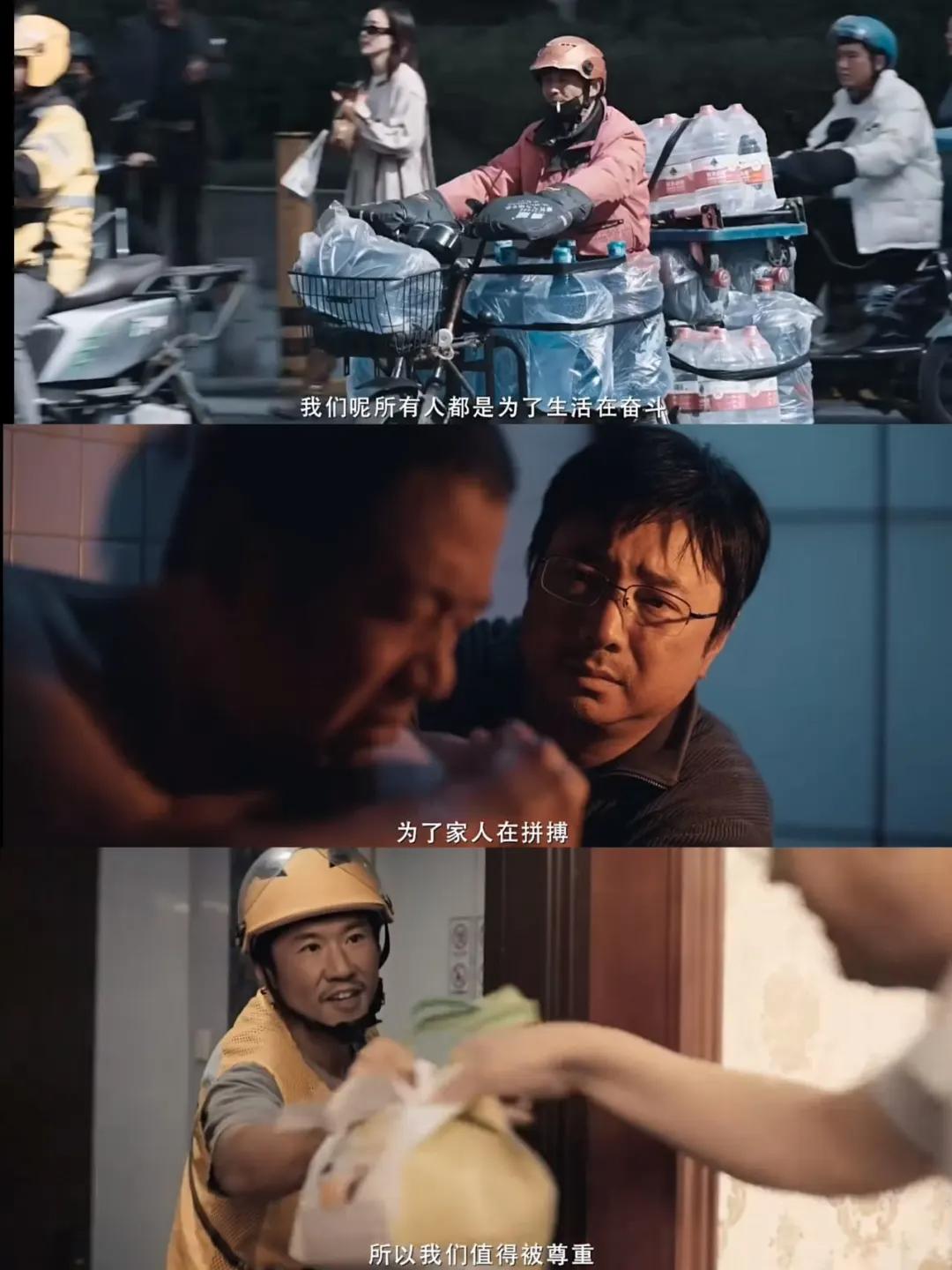
"Retrograde Life" was established last year and started in February this year.
With Xú Zhēng’s business sense, he is keenly aware of social phenomena such as involution in the workplace, "layoffs in big factories" and "unemployment at the age of 35" brought about by the economic downturn.
So what the film really wants to discuss is: the fall of the middle class.
In the first half of the film, it has been emphasized that how many people will make things difficult for delivery, but these problems will be encountered by every delivery clerk. Why can’t he overcome them alone?

Because I can’t pull my face down.
The particularity of take-out is that it should provide both physical labor and emotional services.
This is unacceptable to Xu Zheng, who considered himself an "elite class" in the first half of his life: only he has ever enjoyed service, and when is it his turn to serve others?

But when you become a takeaway, you have to lick your face from the moment you pick up your meal at the store. You have to have a good relationship with the merchants and bow to the security guards.
He thought that take-out was selling physical strength, and he was still standing to make money;
But now I beg my grandfather to tell my grandmother to pay for smiling faces like a grandson, and even kneeling can’t make money.
He really realized the meaning of "bottom": no money, no security, no dignity.



This is unacceptable to a "key city, key university and key company" who has become the focus of others’ attention all the way.
This is simply a betrayal of traditional success.
He has been struggling on a mainstream road to success for the first half of his life. It is reasonable to say that he should reap the fruits of success at his age, but how can God make such a big joke?
Knock him down with one hand without any reason.
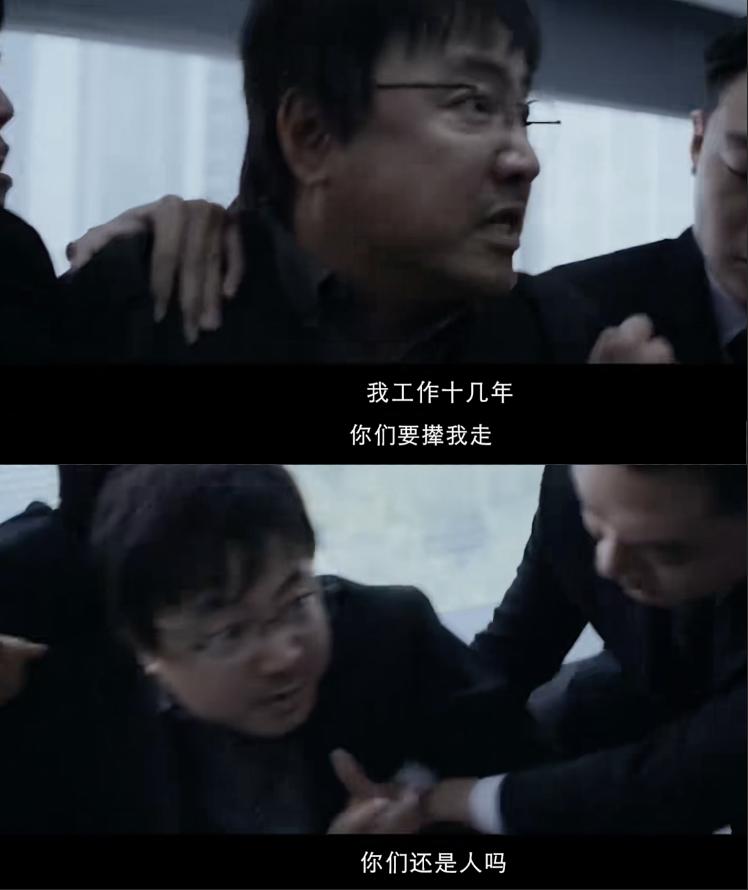
This should be where most viewers are really stung:
When the tide of the times is photographed, a family is easily broken.
At the end of the story, the couple sold their luxury homes and returned to their old homes, their wives changed from full-time housewives to manicure shops and their children returned to public education from international schools.
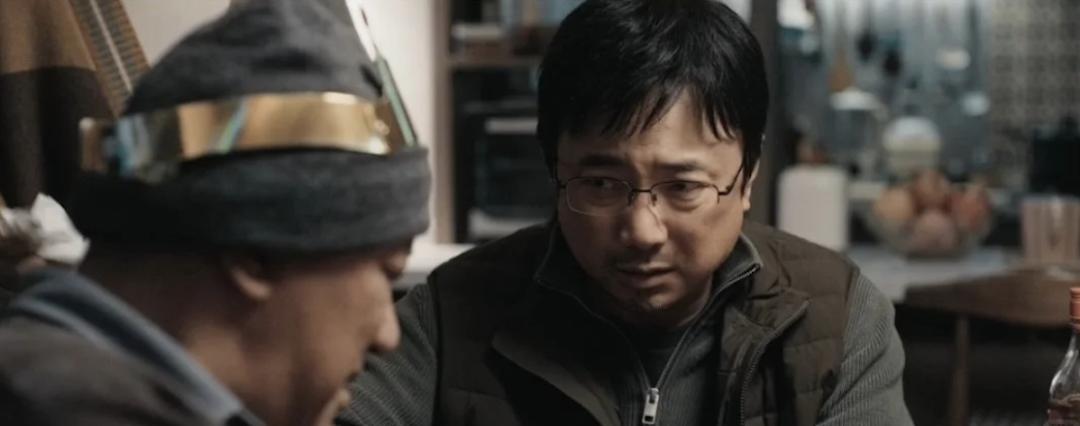
In order to reduce the harm to the audience, the film adds a lot of warm plots, such as filial piety, husband and wife working together to tide over the difficulties, and children being sensible and not keeping up with the joneses, but everyone knows that it is difficult for this family to turn over in reality.
"Retrograde Life" exposes the fear of the emerging middle class: class decline will become a reality at any time.
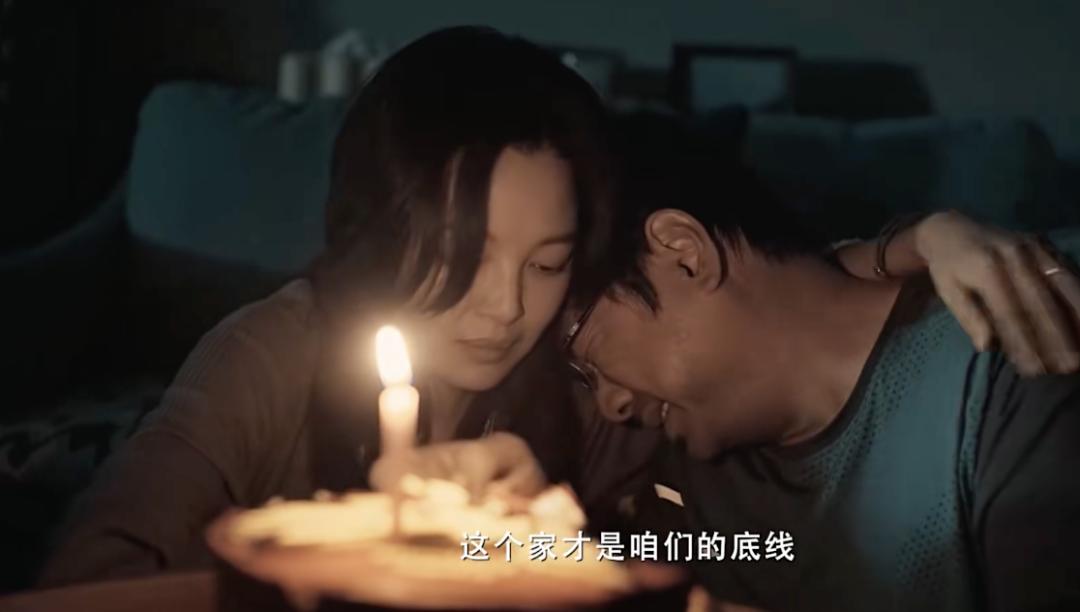
02
Success also produces failure and middle class.
"Retrograde Life" was released for 5 days, with a box office of 218 million.
This set a new low for Xu Zheng, the "box office lucky general".
He is one of the few names in China that has appeal, especially this work written, directed and performed by Xú Zhēng. Why don’t the audience pay the bill?
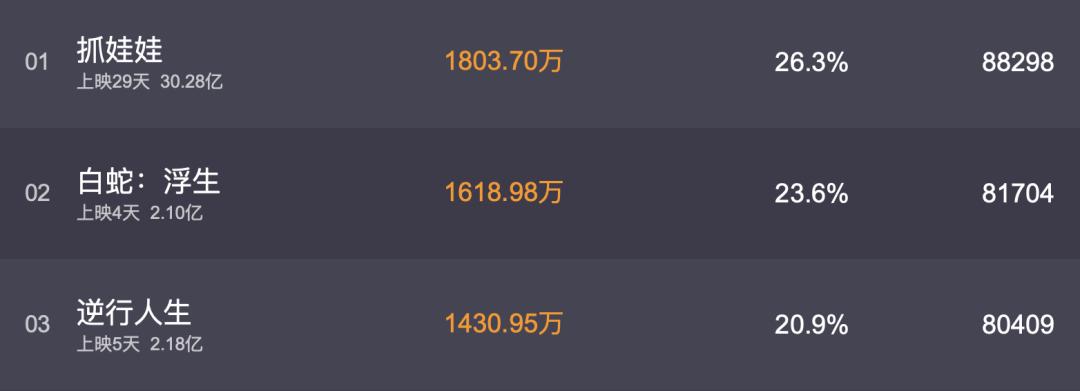
Xu Zheng’s first comedy of little people was "People on the Road" in 2010.
This film not only opened a new chapter in domestic comedy films, but also won the popularity of two leading actors: Xú Zhēng and Wang Baoqiang.
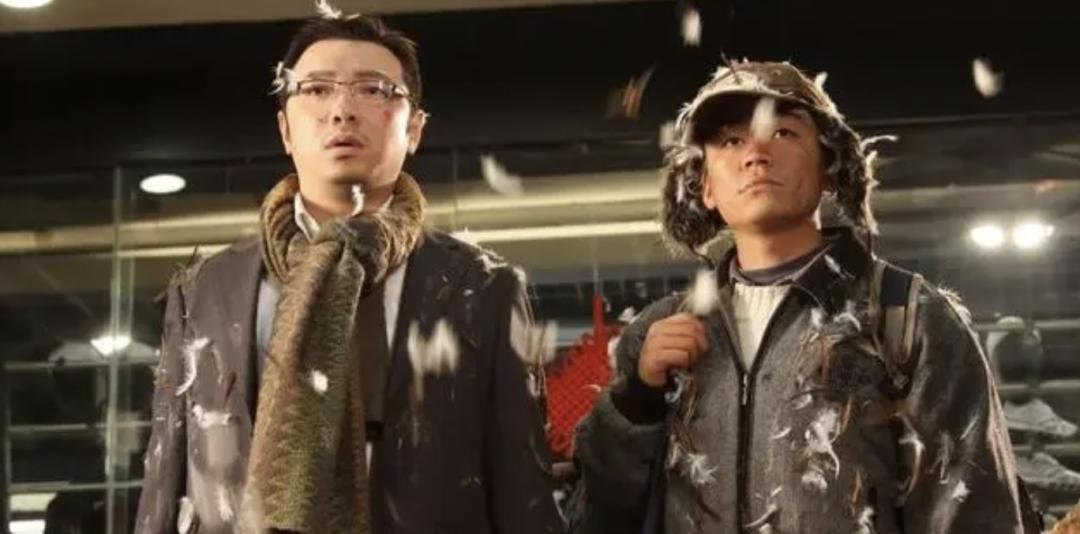
Wang Baoqiang is a migrant worker who goes out to collect debts, and Xú Zhēng is a small boss of private enterprises in big cities.
People in big cities don’t like the rustic hats of rural people. They take a plane and clamor to open the window, sleep naked and fart under the covers.
"Why do you still sleep naked?" These were the classic lines at that time.

Honest villagers also set off the smart and sophisticated people in the city.
Xú Zhēng made some money and drifted away. In big cities, he kept a mistress and spent the New Year thinking about going back to his hometown and talking about divorce with his wife. The audience deserves to see how much he has suffered for being so wicked. The worse he is, the more the audience laughs.
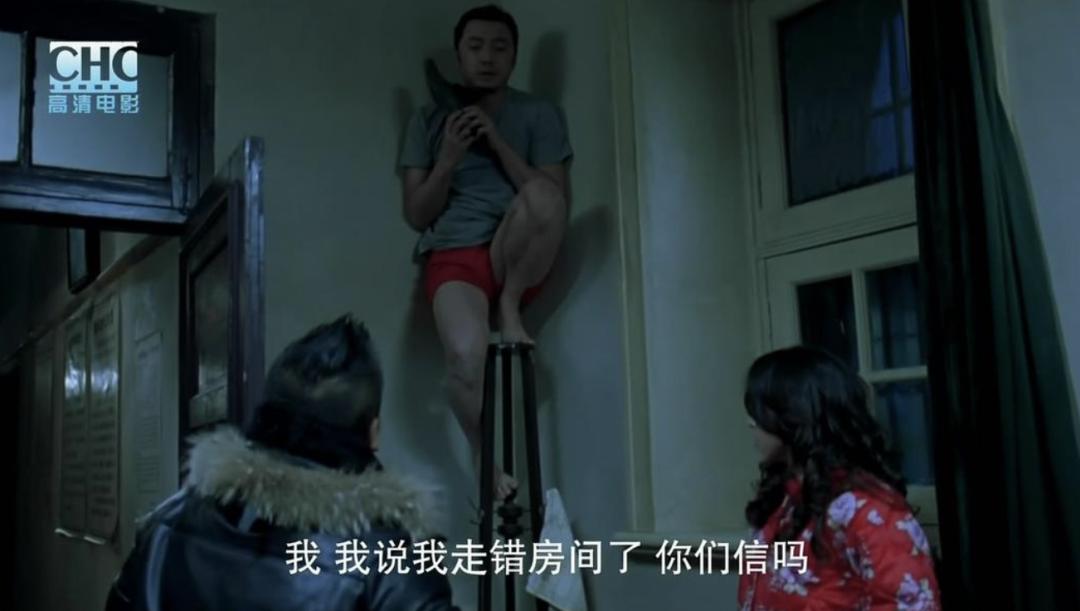
The real joke of A Man on a Long Road is the "urban-rural contrast" between Wang Baoqiang and Xú Zhēng, two stooges.
This drama also allowed Xú Zhēng to determine his own comedy path: pretending to force the elite to take a beating.
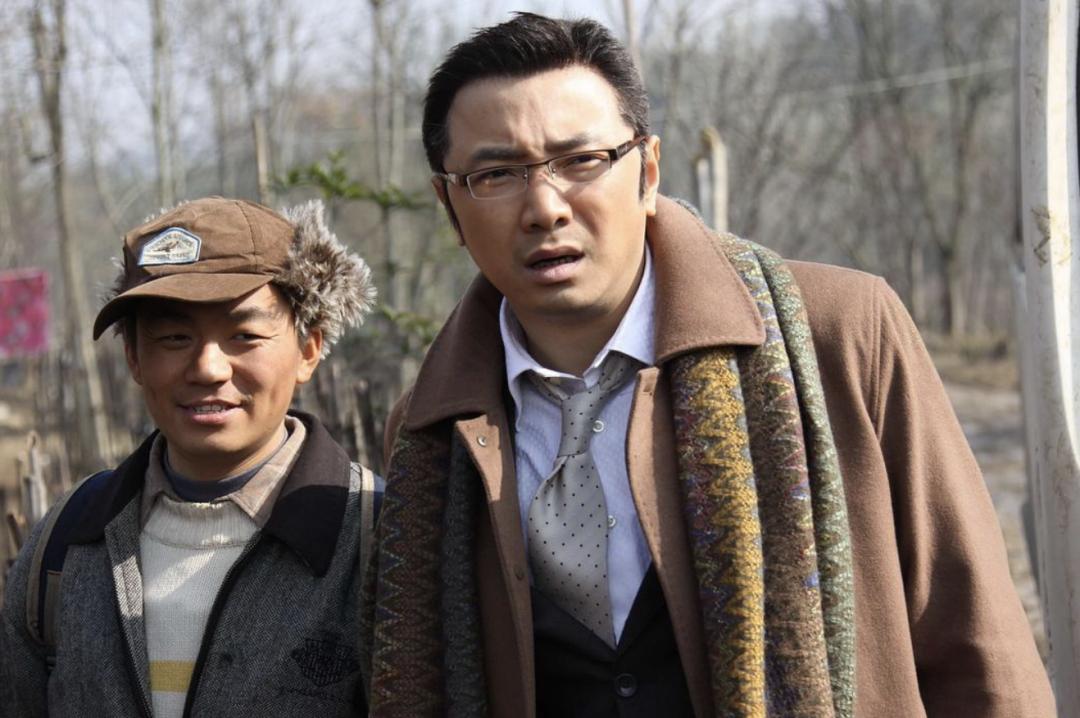
Only two years later, "Lost in Thailand", which was directed and performed by him, won 1.2 billion box office and became the box office champion in 2012.
Since then, the "embarrassing" series has become his signature.
"Hong Kong" won the third place in the box office in 2015 with a box office of 1.5 billion; Lost in Russia didn’t go to the cinema, so he directly packaged 630 million yuan and sold it to Tik Tok.
Xú Zhēng’s "Embarrassing Series" written, directed and performed by himself all have a theme: the crisis of the middle class.
"Sorry" is about how the middle class got rich.
At the beginning, I was engaged in research and development in partnership with my old classmates. When I had no money, everyone was good friends. When I had money, I began to divide the spoils unevenly. There is no way to have only one wealth, and entrepreneurial brothers must fight to the death;
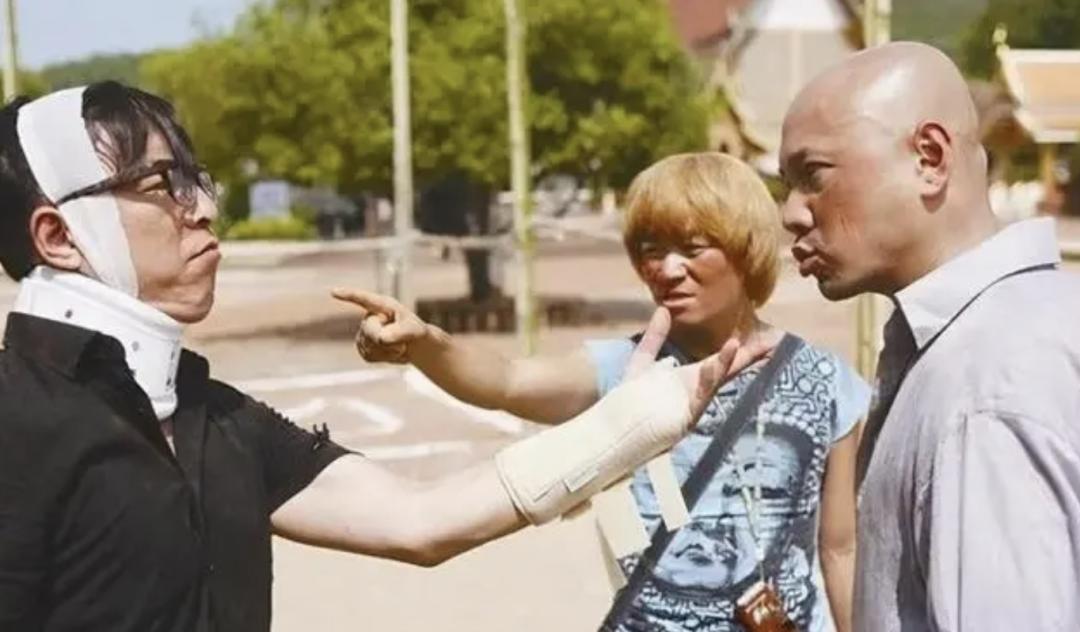
"Hong Kong Long" is about how middle-class husbands keep their wealth.
When he was young, Xú Zhēng married into a rich family and achieved a class jump. Middle-aged people have not yet completed the basic mission of the rich and powerful husband-in-law: to carry on the family line. He got wealth easily, but wealth also castrated his sexual ability.
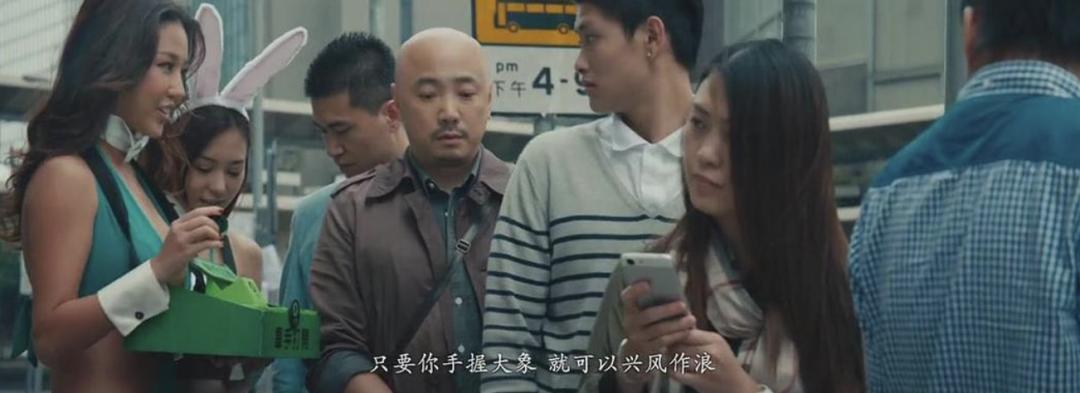
Lost in Russia is talking about the parent-child relationship of middle-class men.
When a man succeeds in using modern social rules, how can he return to listen to the traditional society’s "mother’s kindness and filial piety"?
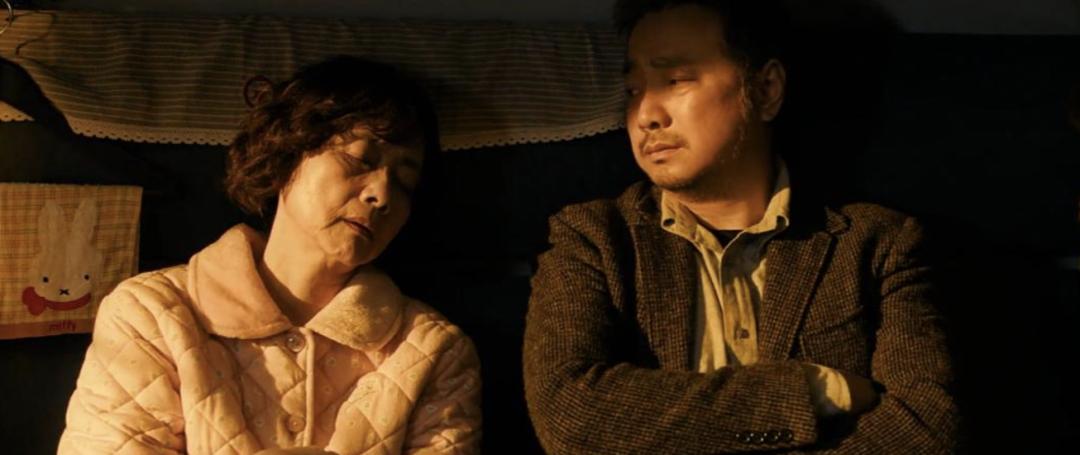
Xú Zhēng’s "embarrassment" is the embarrassment of the emerging middle class.
No matter "marriage crisis, middle-aged crisis, parent-child crisis", these are all people who have enough to eat.
Looking at the endings of several "Embarrassing Series", in "Embarrassing in Thailand", Xú Zhēng finally gave up a new invention worth tens of millions for environmental protection;
In "Hong Kong Long", you can give up your career that you have struggled for half your life in order to revive men’s glory.
From the beginning to the end, "money" is not a problem. This is the general psychology of the people during the economic boom: because money is too easy to earn, you will get rich there if you don’t get rich here.
This time, the plot of "Retrograde Life" only allows Xú Zhēng to pretend to be forced for five minutes, and he is trying to find money for the remaining two hours. Even in order to get the "single king" to earn back the mortgage money, even if there is a car accident, it is necessary to send takeout.
Even Xú Zhēng himself no longer believes in the "middle-class narrative" he created.

03
It’s not Xú Zhēng, it’s this era.
Of course, it’s not just Xú Zhēng who lost the box office this year.
Looking back, this year’s summer file has gathered all the previous box office pacesetters such as Mahua FunAge, Wu Ershan, Chen Sicheng and Xú Zhēng.
In addition to Mahua FunAge’s "Catch the Doll" to keep the box office, all the other three generals failed at the box office.
Wu Ershan’s mythical universe, Chen Sicheng’s brain-burning suspense, and Xú Zhēng’s middle-class inspiration are not topics of interest at the moment.
What really caused a lot of discussion was Shen Teng’s Catch a Doll.
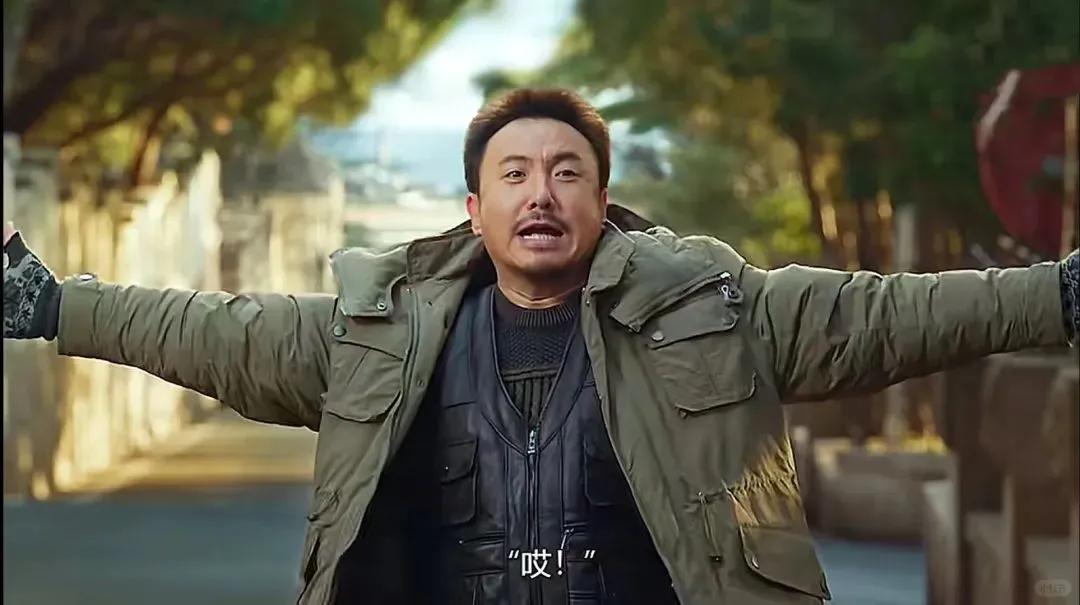
It’s a shame to think about it.
In 2012, Xú Zhēng opened the "100-million-dollar blockbuster era" of Chinese box office with a film "Sorry".
Xú Zhēng himself was very modest when interviewed: it’s not how strong he is, but that the number of cinemas in China has increased. There are more cinemas, the audience comes, and the box office is naturally high.
China has officially become the second largest film market in the world.
It was the best decade for China movies and the decade when China’s economy began to take off.
The rapid development of social economy has given birth to a new generation of middle class, and this group of emerging middle class continues to find their own "screen spokesperson": Xú Zhēng.
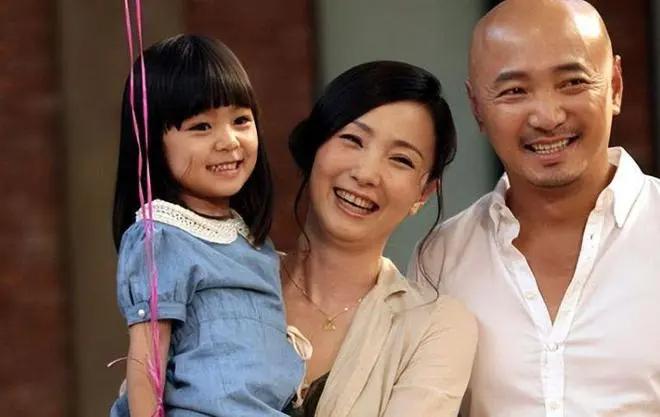
The audience loved to see him in a three-piece suit, serious and funny, bickering with Wang Baoqiang, the representative of thousands of simple farmers, and watching the embarrassment and scandal of the new rich class reflected by him.
But this kind of middle-class narrative has ended in Retrograde Life.
In order to experience the role, he personally delivered the takeaway. From the perspective of the takeaway, he called on everyone to show more respect.
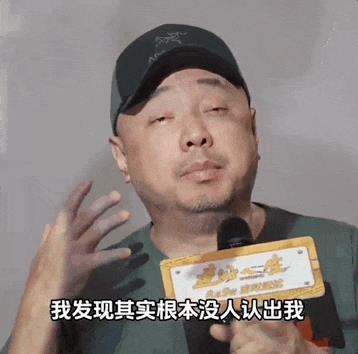
Even if he desperately adapted the story of middle-aged unemployment into an inspirational legend, who would pay the bill?
Real takeout workers who are busy with their lives and can’t spend money, unemployed middle-class people who can’t afford to buy tickets, and can keep their jobs for the time being have to work overtime at the station.
Behind the collapse of Xú Zhēng’s box office is the collapse of the emerging middle class.
This is not a face problem of "whether the unemployed elite can lose face in delivering food", but a social reality that once an elite is unemployed, it can only deliver food.
It can’t be packaged as an inspirational story, it can only be a horror story.
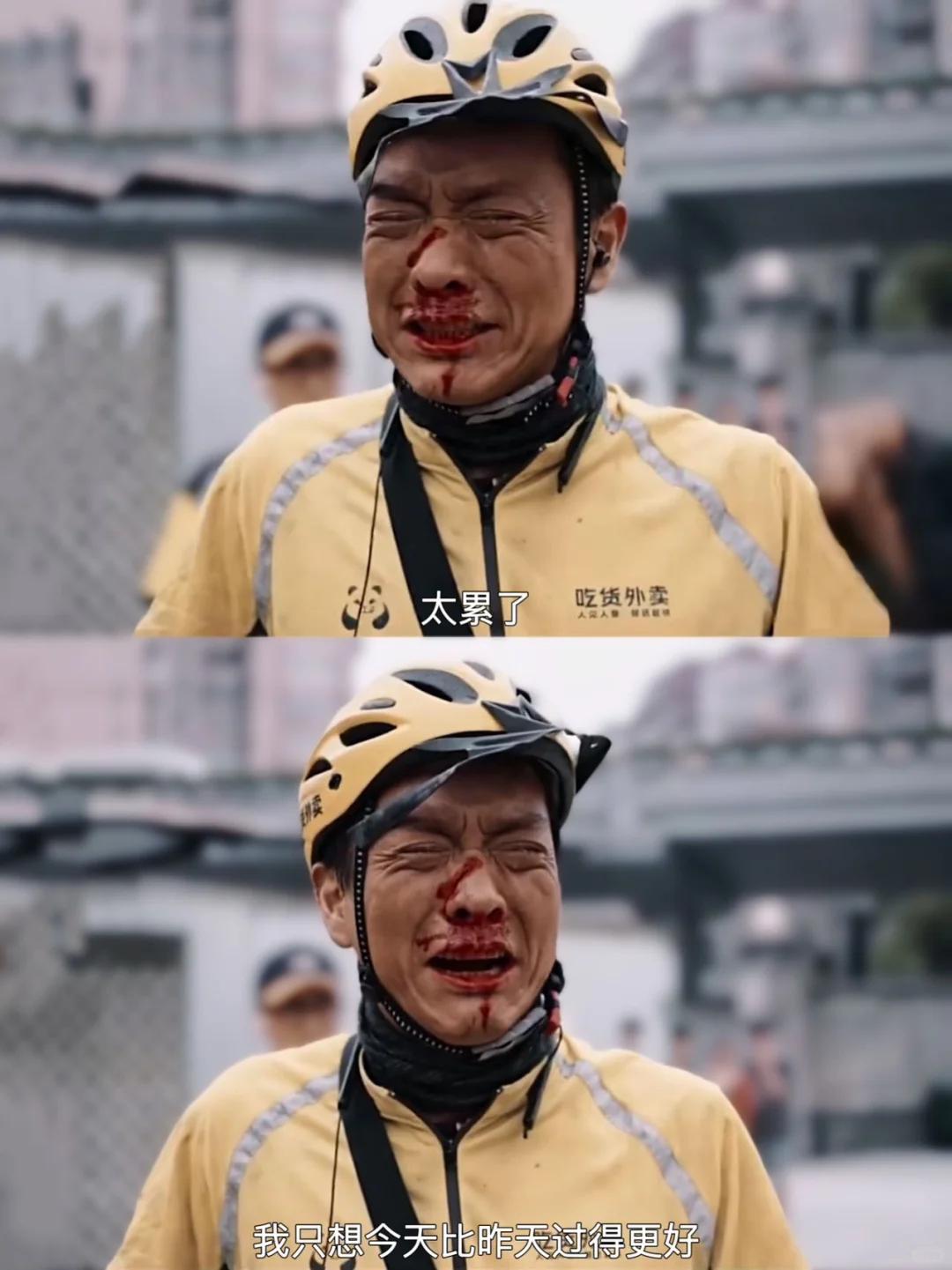
Fortunately, Xú Zhēng finally gave everyone a little hope: How to spend the adversity in life?
I like the handling of the ending very much. He was of no value at the commendation meeting. I just said that I worked hard and my colleagues worked hard.
Hard work, but still can’t run this era, this is no longer a problem that individuals can solve.
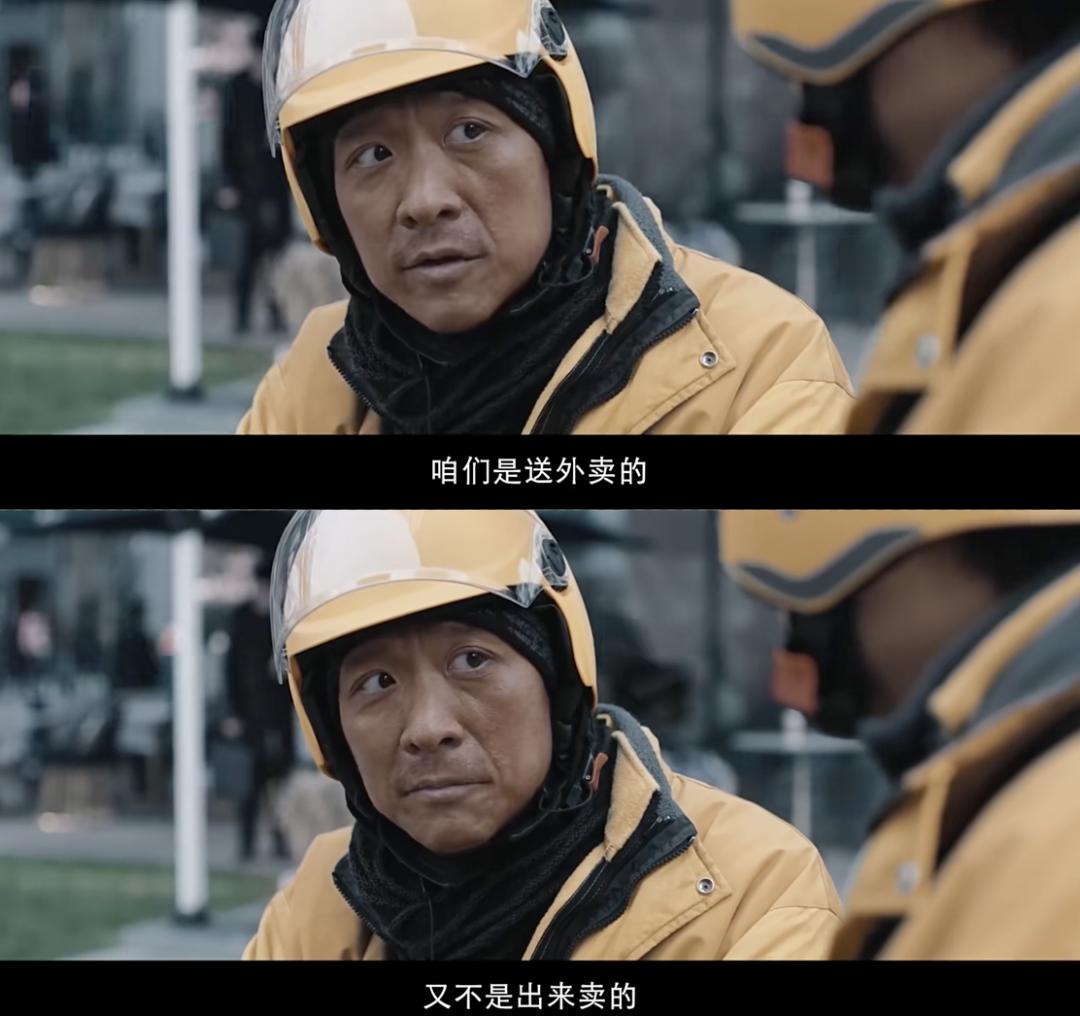
At the end of the story, Xú Zhēng moved back to the "old broken small" where he grew up, and the whole family had a meal by the roadside. Although I can only order takeout, although it is only on a makeshift table, fortunately, the whole family is there.
This may be the only thing we can grasp in this infinite involution era: the true emotions and true emotions represented by family members.
No matter how sophisticated the algorithm is, no matter how fast the iteration is, no matter how accurate the big data is, it can’t replace the real human love.
Then keep running for your family, keep running for survival, run through today, run out of tomorrow, and run out of the future!
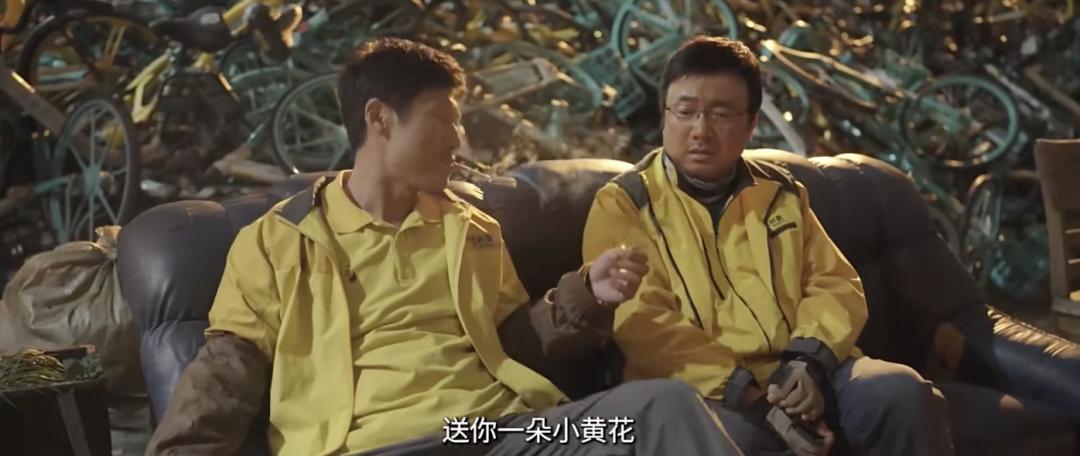
– END –